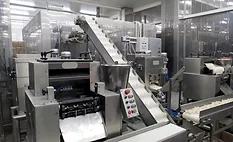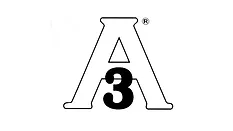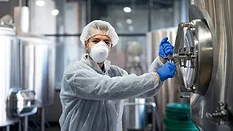
Facilities
Food production and processing facilities encompasses everything from processing plants to storage and warehouses to retail and foodservice outlets. It also includes the equipment used to facilitate the production, processing, transport, and distribution of food.
Articles
More ArticlesAreas of Focus
Never miss the latest news and trends driving the food safety industry
Newsletters | Website | eMagazine
JOIN TODAY!Copyright ©2026. All Rights Reserved BNP Media.
Design, CMS, Hosting & Web Development :: ePublishing


